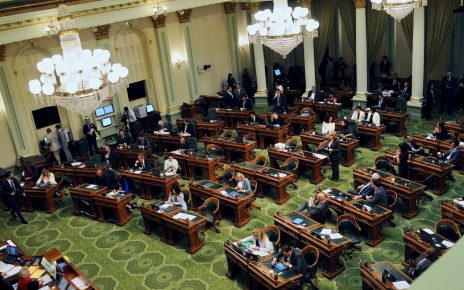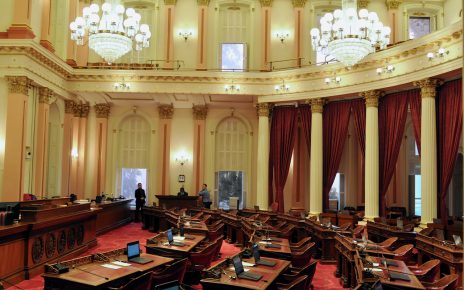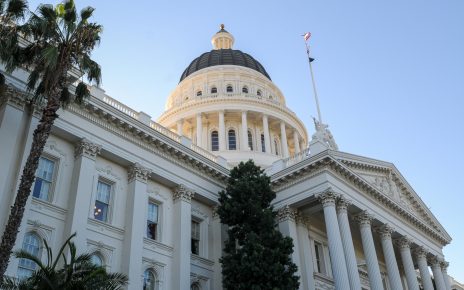What Is a Section 2230 Waiver in California Legislation?
When readers are looking at bills that affect the California Revenue and Taxation Code, they might come across the following provision that would be near the end of a bill: Notwithstanding Section 2230 of the Revenue and Taxation Code, no...






